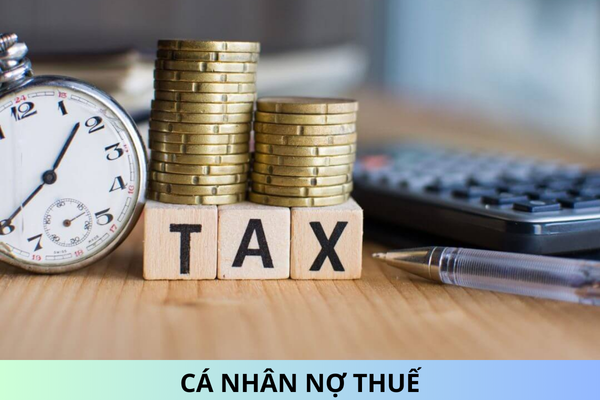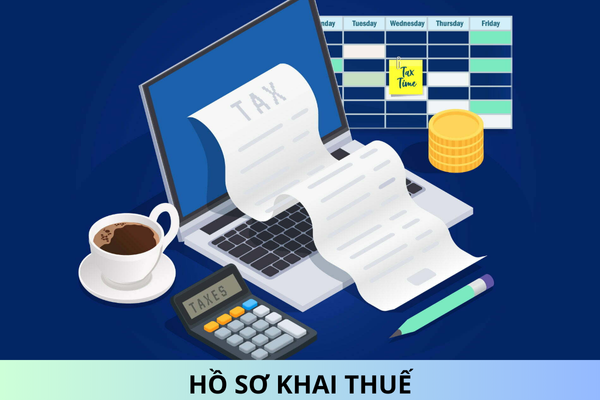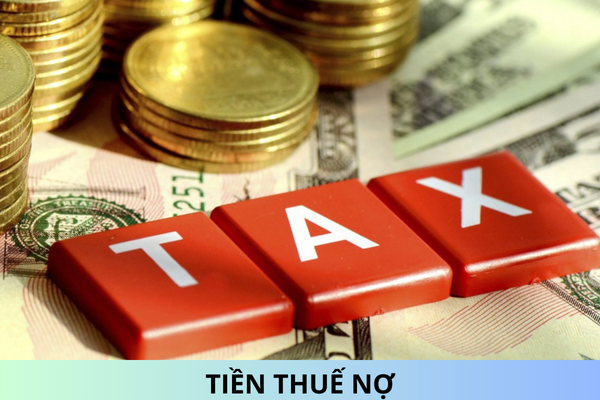What are minimum number of shareholders to establish joint stock companies in Vietnam?
What are minimum number of shareholders to establish joint stock companies in Vietnam? In which cases can a joint stock company reduce its charter capital in Vietnam? Can ordinary shares be converted into preferred shares in Vietnam?
Hi Editor, I have a problem that needs to be answered. I intend to establish a joint stock company with my friend. Can I ask if two shareholders can establish a joint stock company or do we need more shareholders?
Please advice. Thankyou.
1. What are minimum number of shareholders to establish joint stock companies in Vietnam?
Article 111 of the Enterprise Law 2020 stipulates that joint stock companies are as follows:
1. A joint stock company is an enterprise in which:
a) The charter capital is divided into units of equal value called shares;
b) Shareholders can be organizations and individuals; the minimum number of shareholders is 03; there is no limit on the maximum number of shareholders;
a) A shareholder’s liability for the company’s debts and liabilities is equal to the amount of capital contributed to the company by the shareholder;
d) Shareholders may transfer their shares to other persons except for the cases specified in Clause 3 Article 120 and Clause 1 Article 127 of this Law.
2. A joint stock company has the status of a juridical person from the day on which the Certificate of Enterprise Registration is issued.
3. A joint stock company may issue shares, bonds and other kinds of securities.
Thus, according to the above regulations, to establish a joint stock company, at least 3 shareholders are required. You and your friend are only 2 people, so there are not enough criteria to establish a joint stock company in Vietnam.
If it is 2 people, it is possible to establish a multiple-member limited liability company. If you still want to establish a joint stock company, you must have 1 more shareholder to have 3 shareholders (enough criteria to establish a company).
2. In which cases can a joint stock company reduce its charter capital in Vietnam?
According to Article 112 of the Enterprise Law 2020, capital of a joint stock company is as follows:
1. A joint stock company’s charter capital is the total face value of the shares sold. The initially registered charter capital of a joint stock company is the total face value of subscribed shares and shall be written in the company's charter.
2. Sold shares are authorized shares that have been fully paid for the shareholders. Upon registration of a joint stock company, sold shares are the total number of subscribed shares.
3. Authorized shares are the total number of shares that are offered by the General Meeting of Shareholders (GMS) to raise capital. The number of authorized shares of a joint stock company upon its registration is the total number of shares that will be offered by the company to raise capital, including subscribed shares and unsubscribed shares.
4. Unsold shares are authorized shares that have not been paid for. Upon registration of a joint stock company, unsold shares are the total number of unsubscribed shares.
5. A joint stock company may decrease its charter capital in the following cases:
a) The decrease is decided by the GMS, in which case the company will return part of the contributed capital to the shareholders in proportion to their holdings if the company has operated for at least 02 consecutive years from the enterprise registration date and is able to fully pay its debts and other liabilities after the return of capital;
b) The company repurchases the sold shares in accordance with Article 132 and Article 133 of this Law;
c) Charter capital is not fully and punctually contributed by the shareholders as prescribed in Article 113 of this Law.
Therefore, a joint-stock company in Vietnam can reduce its charter capital in the three cases mentioned above.
3. Can ordinary shares be converted into preferred shares in Vietnam?
Pursuant to Article 114 of the Enterprise Law 2020 stipulates types of shares:
1. A joint stock company shall have ordinary shares, which are held by ordinary shareholders.
2. In addition to ordinary shares, a joint stock company may have preference shares, which are held by preference shareholders. Preference shares include:
a) Participating preference shares;
b) Redeemable preference shares;
c) Super-voting shares;
d) Other types of preference shares prescribed by the company's charter and securities laws.
3. The persons that may purchase participating preference shares, redeemable preference shares and other preference shares shall be specified in the company's charter or decided by the GMS.
4. Every share of the same type will confer upon the holder equal rights, obligations and interest.
5. Ordinary shares cannot not be converted into preference shares. preference shares may be converted into ordinary shares under a resolution of the GMS.
6. Ordinary shares used as underlying assets to issue non-voting depository receipts are called underlying ordinary shares. Non-voting depository receipts have interest and obligations proportional to the underlying ordinary shares, except voting rights.
7. The Government shall provide for non-voting depository receipts.
According to this Article, ordinary shares cannot be converted into preferred shares. However, preferred shares can be converted into ordinary shares according to the resolution of the General Meeting of Shareholders in Vietnam.
Best Regards!










